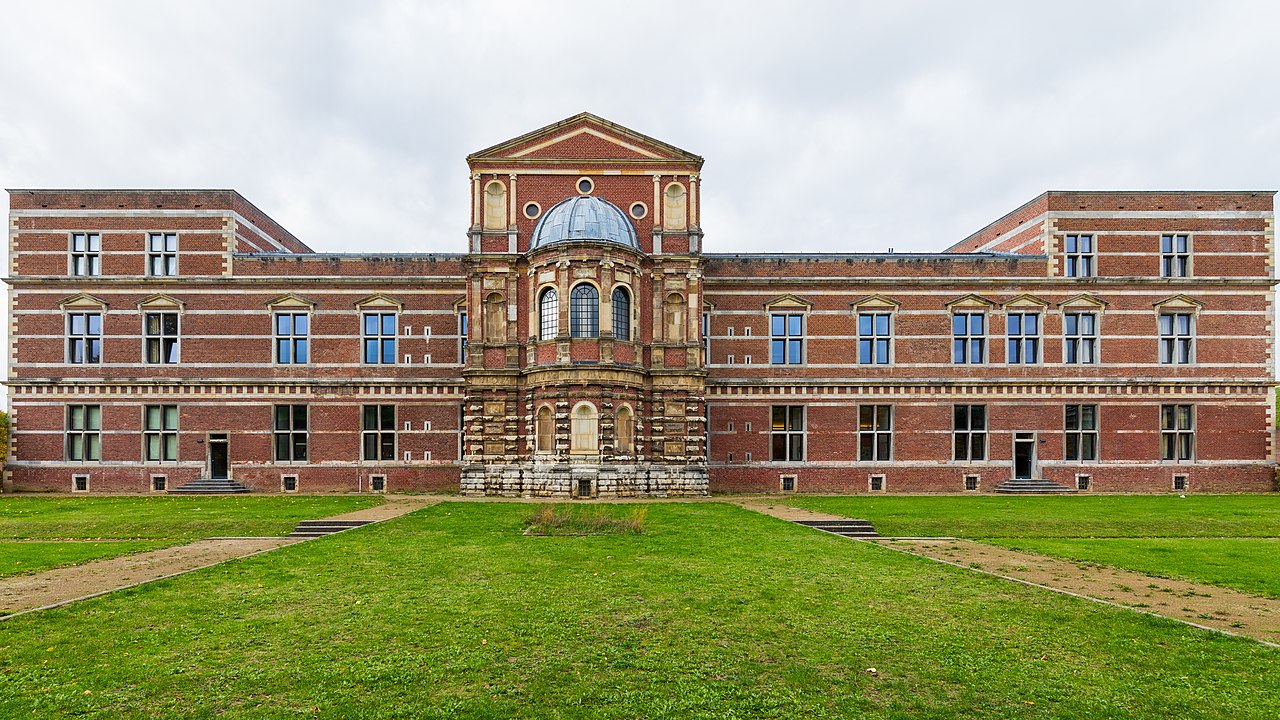Your Job:
Background information / Motivation of the project
- Chromatography is conventionally simulated with dimensionally reduced models such as the 1D General Rate Model (GRM) that assume spatial homogeneity in the radial and angular column dimensions. Consequently, the bed porosity and liquid velocity are assumed constant in these models. The effects of inhomogeneities such as wall effects and particle size distribution (PSD) are then lumped into the coefficient of dispersion which must be calibrated with experimental data. While 2D GRM can account for radial variations in porosity and velocity, it is harder to calibrate due to having multiple coefficients of axial and radial dispersion.
Our Work
- Our 3D high definition setup is simulated using the parallel multi-physics solver XNS, developed at CATS, RWTH Aachen. XNS utilizes a stabilized space-time Galerkin finite element method. The time and space domains are both discretized using finite elements (linear 4D tetrahedrons), yielding unconditionally stable linear systems. The resolved particle geometry allows us to study the effect of the packed-bed on the flow and concentration profiles within the column.
Your tasks in this framework will include:
- Implement complex adsorption models in XNS
- Work with periodic simulations
- Enable simulations with billions of elements
- Streamline the simulation pipeline. Exploit parallelism in tools
Your Profile:
- Expertise in numerical simulations of processes using FEM
- Knowledge of in parameter estimation and optimization
- Experience in High Performance Computing
- Programming skills, preferably in Python, Fortran and/or C++
- A self-motivated and independent style of working
Our Offer:
We work on highly relevant innovative topics and offer you the possibility to actively shape the change.
You will learn to:
- Develop, maintain, modify software in our Finite Element pipeline from mesh generation to visualization and post-processing.
- Deploy the software stack on the JURECA supercomputer and institute compute nodes and run simulations.
- Work in a multi-disciplinary environment across two teams.
We support you with:
- An interesting and socially relevant topic for your thesis with future-oriented themes
- Ideal conditions for gaining practical experience alongside your studies
- An interdisciplinary collaboration on projects in an international, committed and collegial team
- Excellent technical equipment and the newest technology
- Qualified support through your scientific colleagues
- The chance to independently prepare and work on your tasks
- Flexible working hours as well as a reasonable remuneration
- The possibility of (location-) flexible working, e.g. home office for 2-3 days per week
- A large research campus with green spaces, offering the best possible means for networking with colleagues and pursuing sports alongside work
We welcome applications from people with diverse backgrounds, e.g. in terms of age, gender, disability, sexual orientation / identity, and social, ethnic and religious origin. A diverse and inclusive working environment with equal opportunities in which everyone can realize their potential is important to us.
